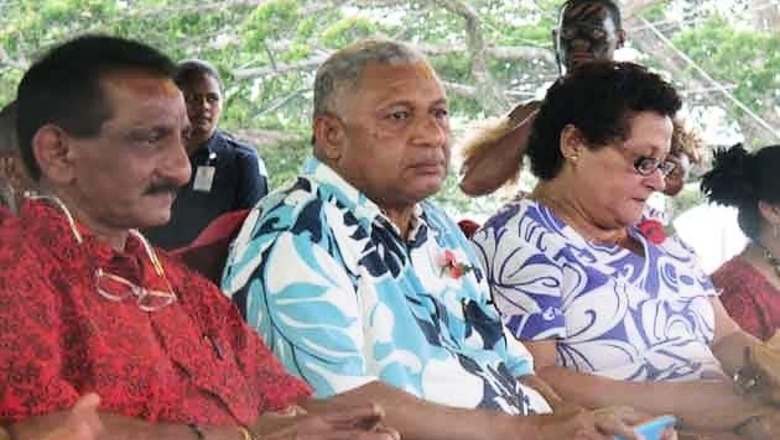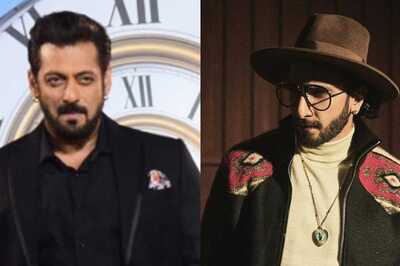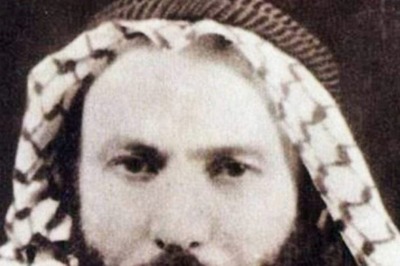
views
Wellington: Thousands of Fijians are awaiting their first chance to vote in eight years on Wednesday in an election that promises to finally restore democracy to the South Pacific nation of 900,000. Yet plenty of questions remain about how far military ruler Voreqe Bainimarama has tilted the outcome in his favor.
Bainimarama is running as a candidate and polls indicate his party is by far the most popular of the seven contesting the election.
The question appears to be not whether his Fiji First party will receive the most votes, but whether it will gain an outright majority of Parliament's 50 seats under Fiji's new proportional system. Anything less could force Bainimarama to share power, not something he's familiar with after years of ruling by decree.
If the election is deemed fair by international observers, it will likely wash away the last remaining barriers put up by Western countries after Bainimarama first seized power in a 2006 coup. And a stable government afterward could see international investors return.
"This is a historic election," said Anil Kumar, a Suva taxi driver. "I'm excited that I will be able to cast my vote. I'm looking forward to it." But Brij Lal, a professor at the Australian National University and longtime critic of the regime, said the international community is so eager to reward Fiji for holding the election that it's willing to overlook Bainimarama's troubling past.
Lal said that includes years of strict media censorship which ensured he was portrayed favorably, human rights violations, and meddling with the constitution to ensure he and other coup leaders would remain immune from prosecution.
He said many countries want to give Fiji a thumbs up and move on.
"They all realize the process will be flawed," he said. "But as long as Fiji goes through the motions reasonably OK, then that's fine." There's no question Bainimarama enjoys wide support. In recent years he's made big improvements to the roads, an important point to many in a country with limited services.
He's favored among the large minority whose ancestors came from India.
Bainimarama's coup was the fourth in 20 years and ethnic tensions played a big part in the unrest.
An indigenous Fijian, Bainimarama has promised to create a more egalitarian society. He hasn't set aside any seats for indigenous Fijians in the new Parliament and has disbanded the powerful Great Council of Chiefs, a group of powerful indigenous Fijians who mostly inherited their positions and enjoyed a privileged status in island life.
His main opponent is the Sodelpa Party, led by Ro Teimumu Kepa, a chief and former politician.




















Comments
0 comment